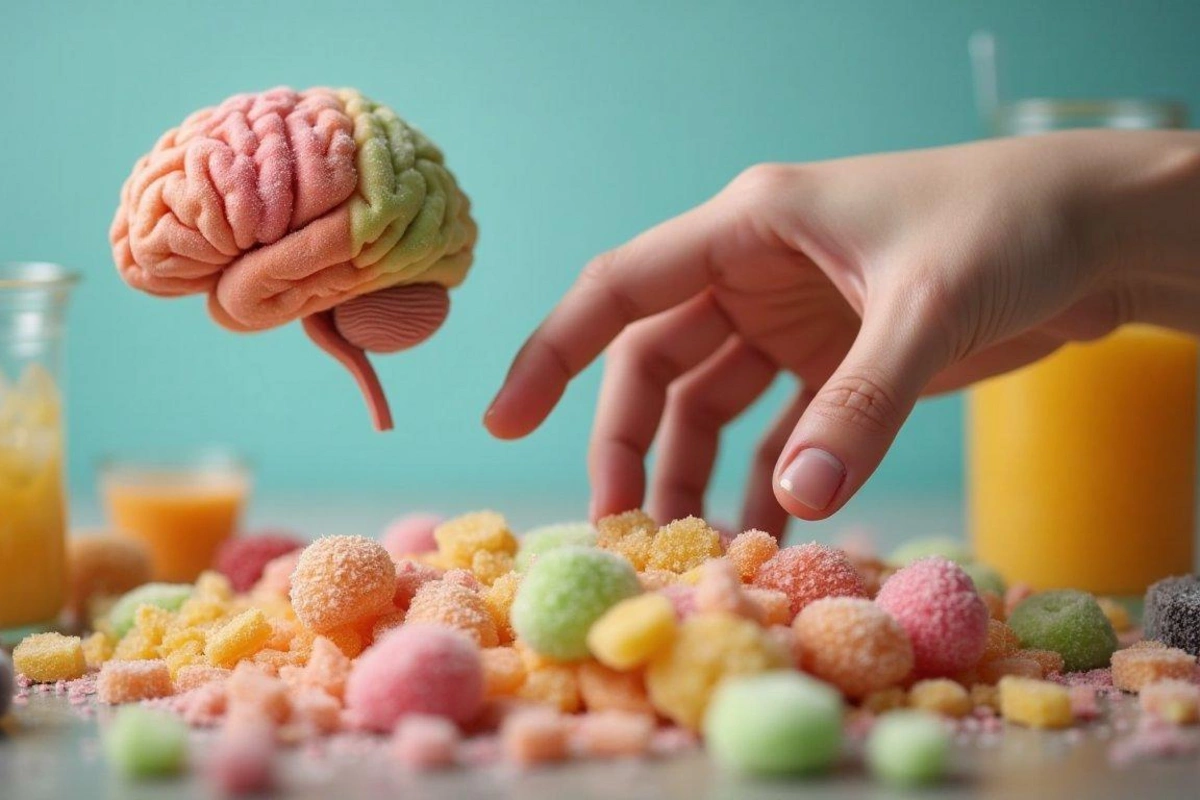Life without sugar: what happens to the body and mind

Why do we eat so much sugar?
Modern humans consume 2-3 times more sugar daily than recommended by the WHO. It's hidden not only in sweets but also in bread, sauces, yogurts, and ready-made meals. The reason is that sugar causes a rapid release of dopamine (the pleasure hormone), which makes us want more and more of it.
What happens when you give up sugar? First 3-7 days - "withdrawal." Headaches, irritability, sugar cravings. Possible deterioration in sleep and mood. This is a temporary phase: the brain is "unlearning" constant stimulation. After 2-3 weeks - stabilization. Blood insulin and glucose levels decrease. Concentration improves, sleep becomes deeper. The constant feeling of hunger disappears.
After 1-2 months - noticeable changes. Excess weight goes away (especially in the abdominal area). Skin condition improves: inflammation and breakouts decrease. Energy becomes stable throughout the day - without spikes.
What happens to the brain? Sensitivity to dopamine increases - pleasure from regular food and life becomes greater. The risk of depression associated with sugar "swings" decreases. Memory and cognitive functions improve.
Benefits for the body. Reduced risk of type 2 diabetes and obesity. Improved liver and pancreas function. Support for gut microflora. Reduction of systemic inflammation in the body. Possible difficulties.
Life without sugar is not a diet, but a return to the normal state of the body. Just a couple of weeks without sweets and you'll feel how much clearer your thinking has become, how much lighter your body feels, and how much more stable your mood is.
Similar News
A substance for protecting nerves and the heart has been found in pomegranate leaves
A natural compound from pomegranate leaves and branches is capable of destroying harmful protein aggregates associated with transthyretin (TTR) amyloidosis — a...




 Azərbaycanca
Azərbaycanca  По-русски
По-русски  English
English 






